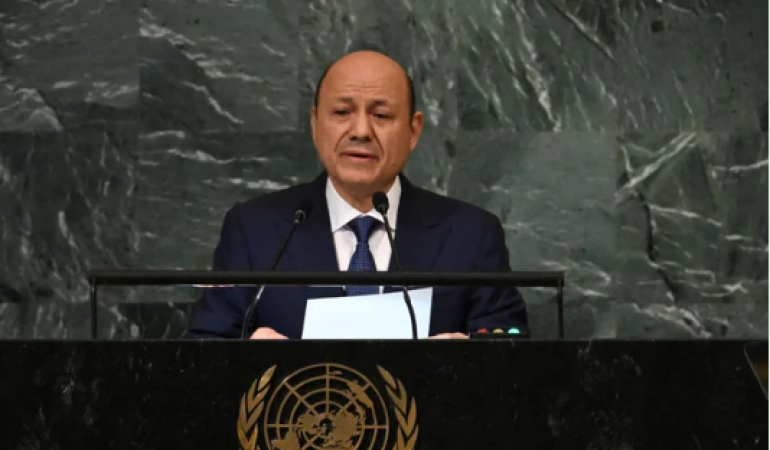
Yemen: The internationally accepted government of Yemen has categorically refuted a statement made by the international oil company Zenith Netherlands regarding the purchase of oil fields operated by OMV in the southern province of Shabwa. According to the government, the company is not permitted to acquire oil assets in Yemen.
The sale of the Dutch company's OMV oil facilities in Yemen was not approved by Yemen's oil ministry, which also charged both organisations with disclosing "misleading" information.
According to the Yemeni ministry, a company must be multinational, well-known, financially sound, and technically competent in order for a purchase agreement to be approved.
Also Read: Political squabble threatens to shut down Lebanon completely
The ministry's financial and technical requirements for giving up OMV's shares are not met by Zenith Netherlands, it was added.
The OMV and Zenith companies are held legally liable by the Ministry of Oil and Minerals for spreading such false information.
Zenith Netherlands, a division of Zenith Energy Ltd., declared on Tuesday that it would pay $21 million for the oil fields and energy infrastructure in Yemen that are currently under the control of Austria's OMV.
Zenith posted a statement on Twitter saying, "Zenith is pleased to announce that Zenith Netherlands has entered into an SPA with OMV Exploration and Production to acquire 100% of the outstanding share capital of OMV Yemen Block S 2, OMV Jardan Block-3, and OMV Block 70 (collectively OMV Yemen)."
The Yemeni government sells roughly 2 million barrels of crude oil every two months through the Al-Dhabbah terminal from the Hadramout oil fields in the country's southeast and another 600,000 barrels from the Shabwa oil fields through terminals in the same province.
Also Read: Israel allegedly won't let in enough X-ray machines for medical use
In an effort to force the Yemeni government to share oil profits and pay public employees who work for the militia, the Houthis started using drone attacks against oil facilities in the two provinces in October.
Rashad Al-Alimi, the president of Yemen's Leadership Council, expressed the council's support for efforts to end the war in Yemen while he was in Riyadh. Al-Alimi demanded that greater international pressure be applied to the Houthis in order to get the militia to stop attacking oil facilities in southern Yemen.
The council is committed to constructively participating with peace proposals to end the war as long as they are founded on mutually agreed-upon terms, he said in a message to US Yemen Envoy Tim Lenderking and US Ambassador to Yemen Steven Fagin.
The Yemeni leader reiterated his commitment to support peace plans during a second meeting with UN Yemen Envoy Hans Grundberg on Thursday in Riyadh. He also called for an international strategy to pressure the Houthis into de-escalation.
Also Read: How Arabic literature consumption options are expanding thanks to e-books and audiobooks
Less than a day prior to the meetings, the US Department of State announced that its envoy had returned to Jordan and Saudi Arabia to advocate for peace efforts in Yemen and to extend the UN-brokered ceasefire while urging the Houthis to cooperate constructively with UN mediators.
The conflict must be ended in order to reverse Yemen's severe humanitarian crisis, according to a statement from the Department of State. "A durable ceasefire and an inclusive Yemeni-led political settlement are the only path forward."
"We implore the Houthis to work with the UN and pay attention to Yemeni calls for peace, justice, and accountability."